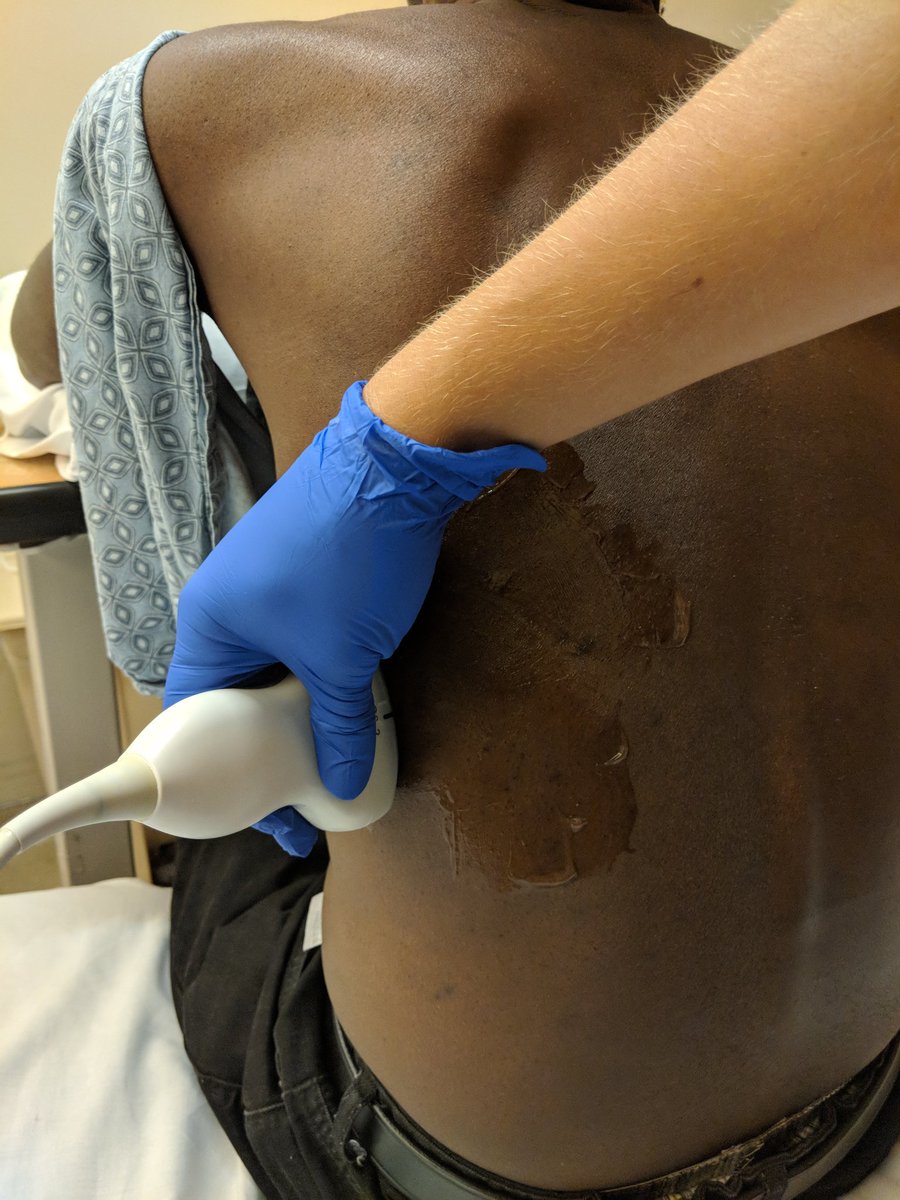Executive coaching comes from a place that empowers the person being coached - they have the answer. This is different from teaching (giving you more knowledge), mentor (a guide that nudges), and a coach (who helps you actualize things).
Mentoring is more about feedback, offering guidance.
Coaching provokes reflection, understanding, paraphrasing, summarizing. Pulls you towards the answers inside of you.
It's a spectrum.
Coaching aims to get you from competent to outstanding.
Music teachers teach you to play the notes.
A conductor/coach urges you to take your skills to outstanding.
Coaching - ask, listen, support, potential, strength, identifies opportunities, focuses on present/future, aims for exceptional.
hbr.org/2018/03/the-ne…
coaches cannot always teach (i.e. teachers have subject content expertise).
IMO Great educators probably interweave between teaching, mentoring, coaching....
They are actually TRAINED NOT TO teach you.
Reminds me of @ChrisWatling3 & @Kori_LaDonna's recent paper about the cultural gaps as we translate coaching techniques into medicine....
onlinelibrary.wiley.com/doi/abs/10.111…
1. Learning oriented.
2. Facilitates own solutions
3. Unlocks potential for MAX performance
4. Builds self-confidence
5. Strengthens capacity
6. Continuous org improvement
- counselling
- therapy
- giving advice
- consulting
- collaborating
- individual should be competent... (otherwise, maybe they need a teacher or a mentor)
- they should be able to influence this
- they have time.
- create a safe environment
- identify gaps
- ask for more intentionality/thought/action
- guide building of structure, accountability, support.
- leadership coaching
- burnout and stress reduction
- anger mgt & disruptive behavior
- marital/relationship issues
- malpractice support
- time mgt
- conflict resolution
- career change
- communication & interpersonal
- Emotional intelligence
daretolead.brenebrown.com
#HeForShe type workshops are important for our leaders. It's easy to keep preaching to the choir... but how do we involve those in power?
So, while there are skills that individuals an learn as physicians to be better at our jobs, or to combat implicit - this does not mean that we should NOT try to review/change the system/culture/etc.
tandfonline.com/doi/abs/10.108…
As a coach, you should bring your beginner's mind (the 7 Whys, etc..)
Remember, you are NOT there to judge.
Hence the problem in medicine where clinicians are asked to coach, mentor, teach, and practice.
- what is the trigger here?
- what might others think? feel?
- how can you find out more?
- what assumptions am you making?
- what can you learn?
- what can you change?
Don't tell ppl what to do... Apply the GROW model.
G oal
R eality
O ptions / obstacles
W ay forward / Will
I feel like @DrShawnQI has done this to me more than once... #PeerMentorship
1. Secure a level of trust w/ your coach.
2. Be open-minded.
3. Get in the habit of recapping.
4. Stay consistent.
5. Make YOUR personal course TOP priority.
6. Set realistic goals.
7. Listen w/ intent.
8. Get real.
9. DO THE WORK.
10. Be patient.
@PeakMD: "Sometimes your coach might just help you to GET A GOAL!"
So meta. I LOVE IT.






